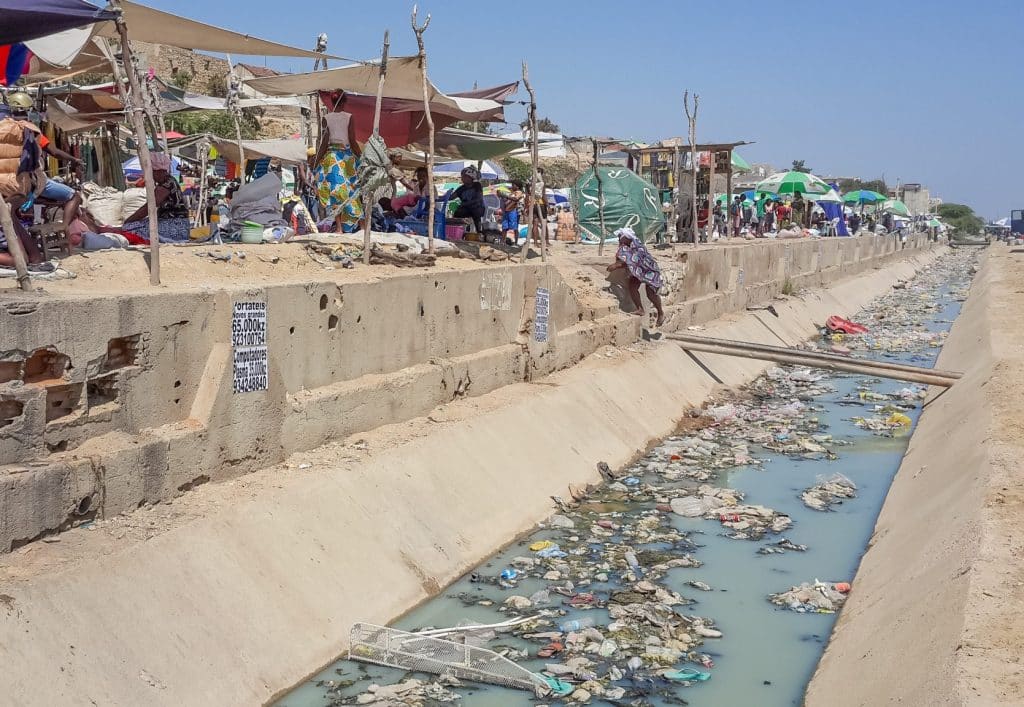The Angolan government is obtaining financing to improve access to sustainable and climate-resistant sanitation services in the coastal cities of Benguela, Baía Farta, Catumbela and Lobito. The $124.4 million loan from the African Development Bank (AfDB) includes $49.4 million from the China-sponsored Africa Growing Together Fund (AGTF), administered by the pan-African bank.
“Improving access to sanitation services is essential to meet the health needs of the 1.4 million inhabitants of the four cities, growing urbanisation and socio-economic development”, says the AfDB. To achieve this, the Angolan government plans to put in place winfrastructures dedicated to the collection and disposal of household waste, and the treatment of wastewater and faecal sludge.
Technical capacity building
In addition to improving sanitation, the aim is to maintain tourism in this major economic and logistical centre, which includes the coastal towns of Benguela, Baía Farta, Catumbela and Lobito. The AfDB funding will also be used to equip schools and health establishments with modern sanitation facilities.
To ensure the sustainability of the new facilities, the capacities of young professionals and technicians in the cities of Benguela, Baía Farta, Catumbela and Lobito will be strengthened, to make them “champions of the sanitation sector” in these areas. The capacity of service providers will also be enhanced. “Safely managed sanitation is essential for a healthy and productive society,” says Beth Dunford, AfDB Vice President for Agriculture and Human and Social Development.
Read Also – Urban sanitation, a major challenge for sustainable cities in Africa
The sanitation project is part of the Angolan government’s Vision 2050, which aims to strengthen sustainable and climate-resilient water and sanitation services. According to the Angolan Ministry of Energy and Water, by 2020, the rate of access to water in urban areas had already reached 71.5%, compared with 70.4% in rural areas. That same year, just 52% of Angolans had access to basic sanitation services, according to the World Bank.
Inès Magoum
